Jacques Courtois, also known as Giacomo Cortese, was born on 12 February 1621 in Saint-Hippolyte, in the county of Burgundy, and died on 14 November 1676 in Rome. A painter and engraver specialising in battle scenes, he is often referred to as the ‘Burgundian of battles’.
In this work, Courtois captures with remarkable precision the chaos and ferocity of the battlefield between the Christians and the Turks. Through his attention to detail and his dynamic, rich brushstrokes, he illustrates with intensity the clash of the riders, the muscularity of the horses and the agony of the wounded.
Today, works by Jacques Courtois adorn the world's greatest museums, including the Louvre in Paris, the Uffizi Gallery and the Pitti Palace in Florence, the Prado Museum in Madrid, and the Hermitage Museum in Saint Petersburg. Gian Lorenzo Bernini underlined Courtois's exceptional mastery, commenting: ‘Among the painters of his time in Europe, no one has equalled Courtois in the graphic expression of the horror of battle’ (Salvagnini, F.A., I pittori borgognoni, Cortese, Rome, 1937, p. 185).










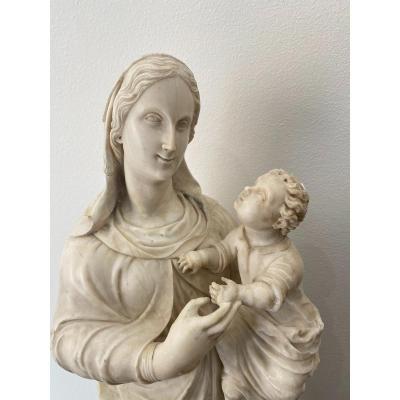
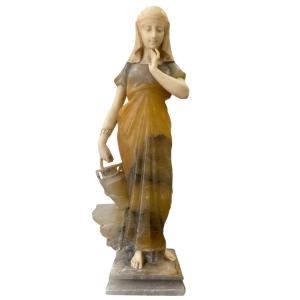

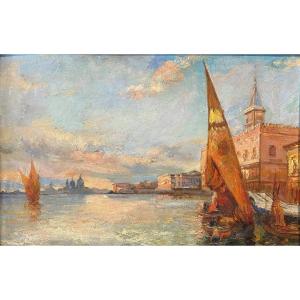

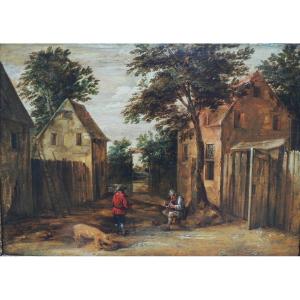
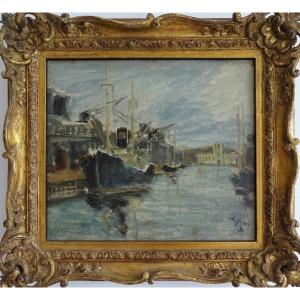




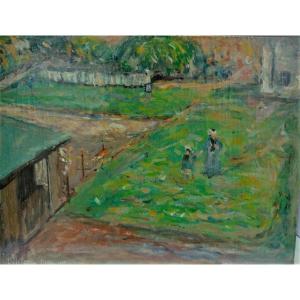
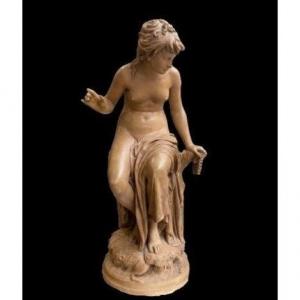
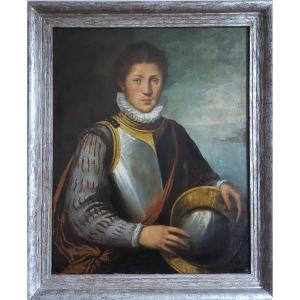








 Le Magazine de PROANTIC
Le Magazine de PROANTIC TRÉSORS Magazine
TRÉSORS Magazine Rivista Artiquariato
Rivista Artiquariato